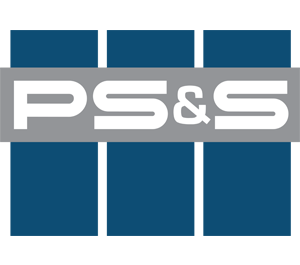STEVENS INSTITUTE OF TECHNOLOGY - HOWE CENTER ELEVATOR UPGRADES
LOCATION: HOBOKEN, NJ
CLIENT: STEVENS INSTITUTE OF TECHNOLOGY
MARKET SECTOR: EDUCATION


Stevens Institute of Technology (SIT) is in the middle of an upgrade program for existing infrastructure, including elevator upgrades for the Howe Center.
THE OPPORTUNITY
SIT was pursuing elevator upgrades to update and modernize the existing elevator banks
for the Howe Center, one of the older buildings on campus. The elevator upgrades involved
cab and hoist-way improvements for the existing elevator bank. The Howe Center is a
multi-story building with multiple functions.
Each floor has an elevator lobby with varied finishes and functions. SIT requested
assistance with the design of the upgrades, including the selection of finishes for durability,
life expectancy, and consistency of aesthetics in the building. The elevators needed
upgrades for code compliance and to increase their durability for multi-functional uses, by
executive staff, students, and as freight and cargo elevators during moving of departments
or construction in the building.
The Challenge
SIT requested assistance with the design of the elevator upgrades, including the selection of finishes for durability, life expectancy, and consistency of aesthetics in the building. The elevators needed the upgrades for code compliance, to increase their durability for multifunctional uses; provide efficient use by executive staff, students, and as freight and cargo elevators during moving of departments or construction in the building.
The PS&S Solution
PS&S worked closely with SIT facility staff and the elevator sub-contractor to understand
the use and functions of elevators. Facility staff was interviewed, and a meeting was held
with the elevator sub-contractor to understand the challenges and improvement options
available.
Maintenance of materials and durability were discussed at length and influenced the
selections. PS&S performed a site visit during school session to understand the dynamics
and usage of the elevators and lobby spaces, including pedestrian and cart traffic. Pictures
were taken to document the functions and conditions and were used to develop material
selections for the upgrades. Multiple design options and images were generated for the
elevator upgrades, including wall, floor, ceiling, handrails, lighting, and elevator controls
for the University to select from. Preferences were selected from the multiple options by
SIT and features combined into a preferred option by the design team. SIT made final
selections for the elevator upgrades and proceeded with the planning of the work.
